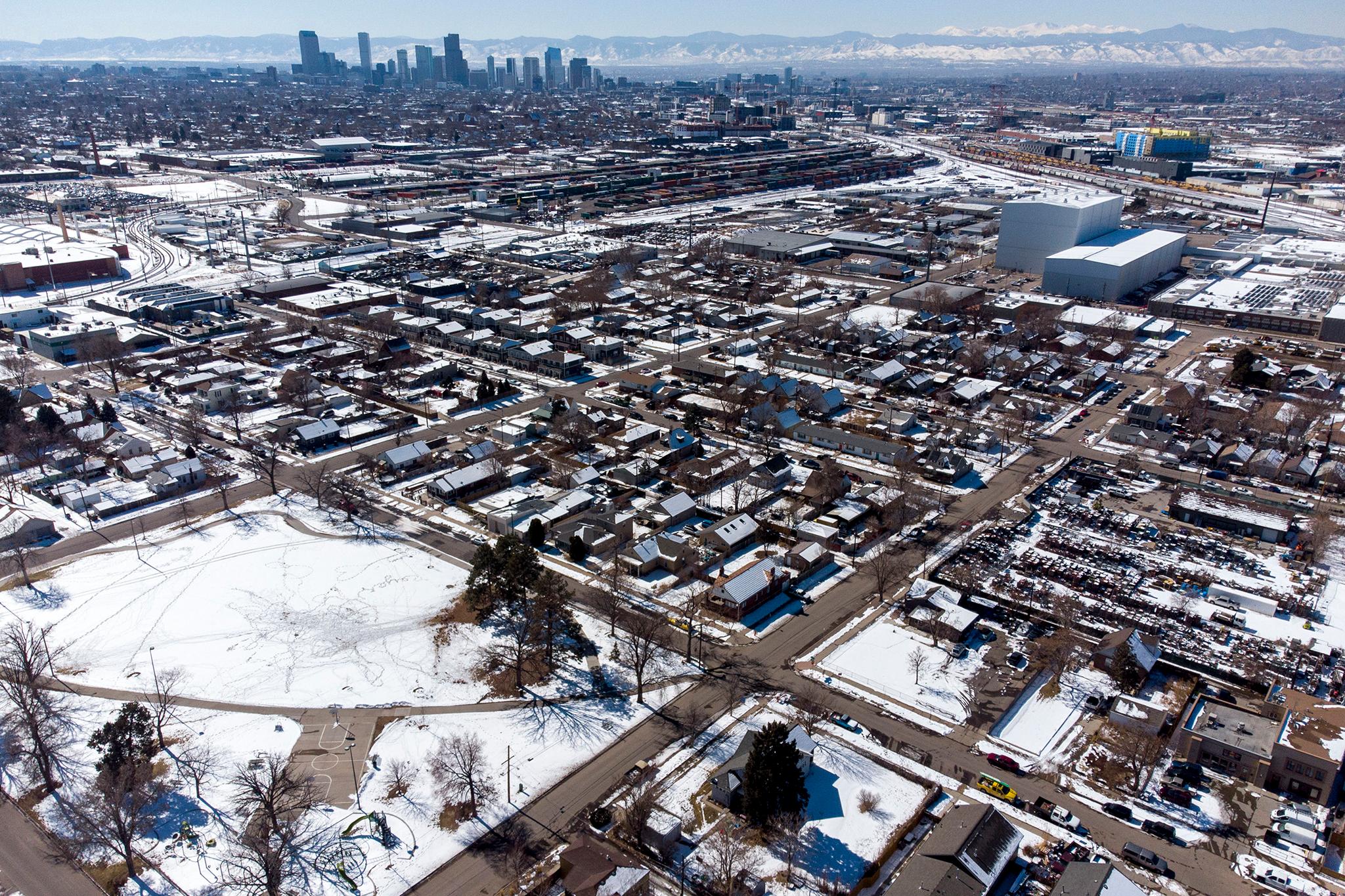Remember that emergency federal funding designed to keep people from falling behind in rent during the pandemic? It's running out. That means both Colorado's and Denver's federally funded emergency rental assistance programs are winding down.
The state is spending the last of its money and officials anticipate not accepting new applicants starting in mid-November.
Denver will likely end its program starting in April, after getting one more chunk of money from the U.S. Treasury, Melissa Thate, the housing stability director of the Department of Housing Stability (HOST) told Denverite.
In the meantime, both programs are gradually reducing the kinds of assistance they can give.
How will the program wind down?
"Although Denver ERAP has seen great success, and the need in the community for rent assistance remains high, limited funding is available to continue these services," HOST's marketing and communications director Sabrina Allie wrote in a letter sent to city council members Wednesday to notify them of the change. "For this reason, Denver ERAP will begin an orderly wind down Nov. 1, 2022 to align with State changes."
Here's what will happen during the wind-down process, according to the city:
"While we understand this limits the amount of rent assistance available to each household, we believe this will allow us to serve and stabilize as many Denver households as possible with the limited funds remaining," Allie wrote. "We are communicating these changes directly with people who have currently pending applications."
HOST launched the Emergency Rental Assistance Program in 2021 and thousands have benefitted.
"The purpose of this program is to assist eligible households who have been unable to pay rent due to financial hardship caused during or due to the COVID-19 pandemic," Allie wrote in the letter. "Denver ERAP can help cover rent up to a maximum of 18 months of assistance for households whose income is at or below 80% of area median income and who demonstrate a risk of housing instability."
The Colorado Division of Housing's Emergency Rental Assistance Program has also helped Denver residents struggling to pay their rent, along with tenants statewide.
Both the state and city programs have provided over $120 million in emergency rental assistance to 12,700-plus Denver tenants through contractors.
"The program has been doing two different things," said at-large Councilmember Robin Kniech. "I think it has been intervening and helping people prevent evictions and then it has also been a bridge for folks who are just struggling to afford their housing."
How well has the Emergency Rental Assistance Program worked?
In her letter to Council, Allie said the program has worked well -- and the numbers bear that out. During much of the pandemic, eviction filings dropped, though they have recently returned to pre-pandemic levels.
When funding drops, eviction defense attorneys like Zach Neumann, the head of the COVID-19 Eviction Defense Project, worry it's going to be harder to keep tenants in their homes, as he told Denverite earlier this month.
"I think the work of lawyers in this space when they are defending clients in non-payment cases gets dramatically harder when there isn't the opportunity to apply for and receive emergency rental assistance," he said. "The best defense to an eviction is being able to give your landlord a check from a rental assistance program."
Here's how Kniech put it: "Lawyers don't prevent someone from being evicted for failure to pay rent by having a good legal argument. They prevent people from being evicted by combining a good legal argument and good legal negotiation with emergency rental dollars."
The Emergency Rental Assistance Program is not the only source of city funding tenants who cannot pay are eligible for.
They can also find funding through the Temporary Rent and Utility Assistance program. The city also offers free eviction legal services to people who income qualify. More information about these programs is available through the city.
For people who cannot pay their rent long term, there are also income-restricted housing programs and vouchers to help.
"While this wind down is sooner than we expected," Allie wrote Council, "we will continue to work with our State partners to ensure as many people as possible receive the support needed."
Denver and Colorado are hardly alone in losing these resources.
"Nationally, the programs are winding down because funding is limited," said Thate. "And Treasury hasn't issued new funding, so it's really just whatever was originally allocated. And so, nationally, nearly half of the programs are either on hold or closed already."
Housing advocates are hoping the federal government will spend more on solving the ongoing housing crisis -- which many cities, including Denver, faced before the pandemic and continue to do so.
"It was great that the federal government came forward with these COVID relief strategies because we had a COVID emergency," Kniech said. "We have an ongoing housing emergency, and our federal government, I hope, will be stepping up with more housing-choice vouchers and other strategies. We cannot do this alone."












